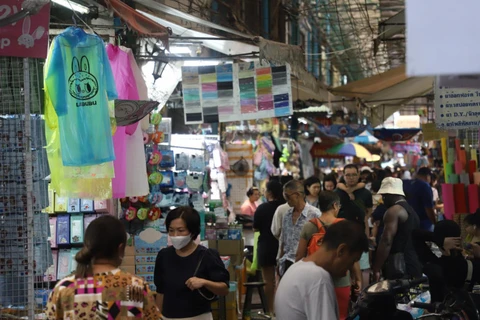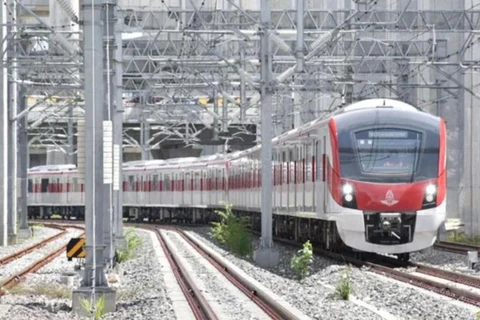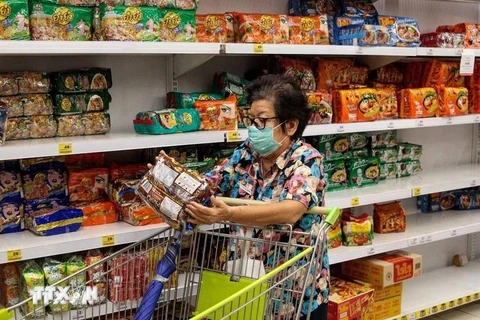Bangkok (VNA) - The Department of Rural Roads under the Thai Ministry of Transport has completed the first of the four phases of the 950km coastal road (Riviera) project, which spans 12 provinces from Samut Prakan to Narathiwat.
Montri Dechasakulsom, director-general of the department, said the 515km first phase running along the coast from Samut Sakhon to Phetchaburi and from Prachuap Khiri Khan to Ranong and Chumphon has been accomplished and opened to traffic.
The project connects the Gulf of Thailand coast from south-east of Bangkok in Samut Prakan province to Narathiwat province in the south of the country. There will also be a road in Chumphon province that links the Gulf of Thailand coast with the Andaman Sea in Ranong province.
Due to geography and other issues related to land ownership, the roads along the coast cannot run uninterruptedly and will have to be split up and linked to other roads.
According to Montri, the department is surveying and designing the second phase of the Riviera, which will cover 150km from Chumphon to Surat Thani, Nakhon Si Thammarat and Songkhla.
The second phase will involve expanding 25 existing and adjacent rural roads and improving the footpaths along 41 nearby roads.
For the third phase, the department is planning to build an 85-km coastal road connecting Samut Prakan province with Samut Sakhon and Samut Songkhram at a cost of about 4 billion THB (120 million USD).
The fourth phase will involve a 200km seaside road running from Songkhla province to Pattani and Narathiwat provinces in the deep South, he said, noting that the department will carefully study the project's impact on the environment when designing the routes./.






















